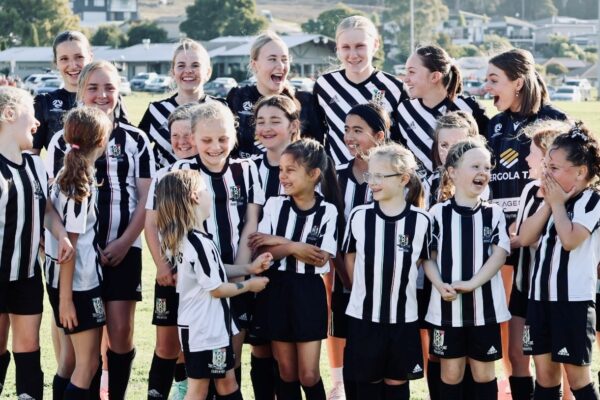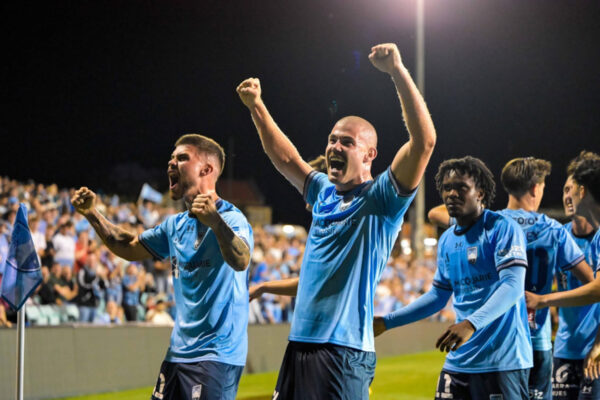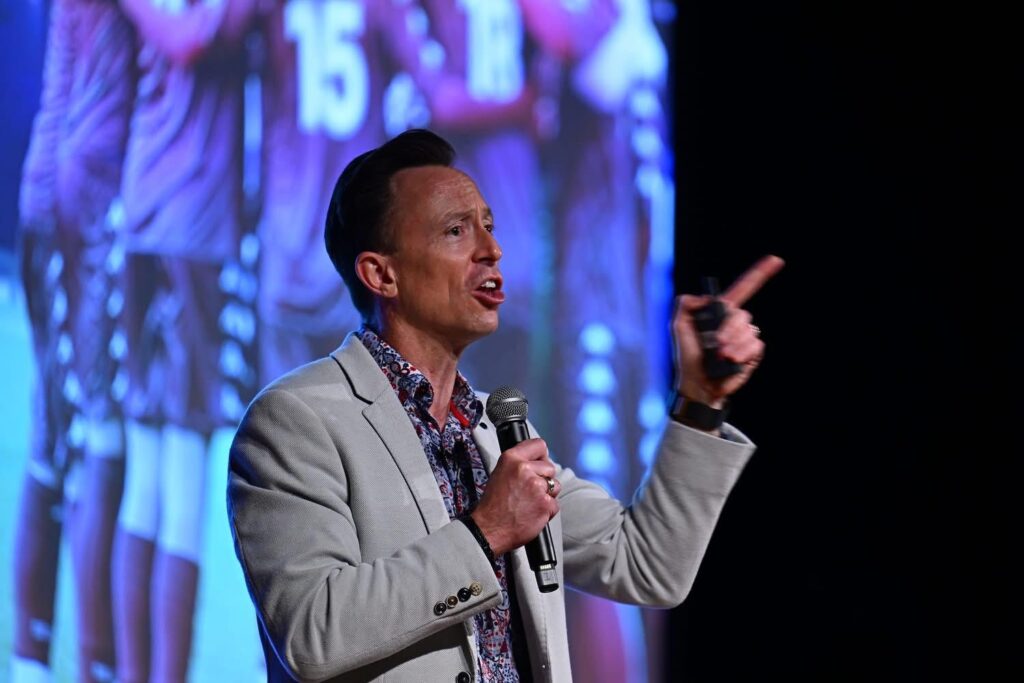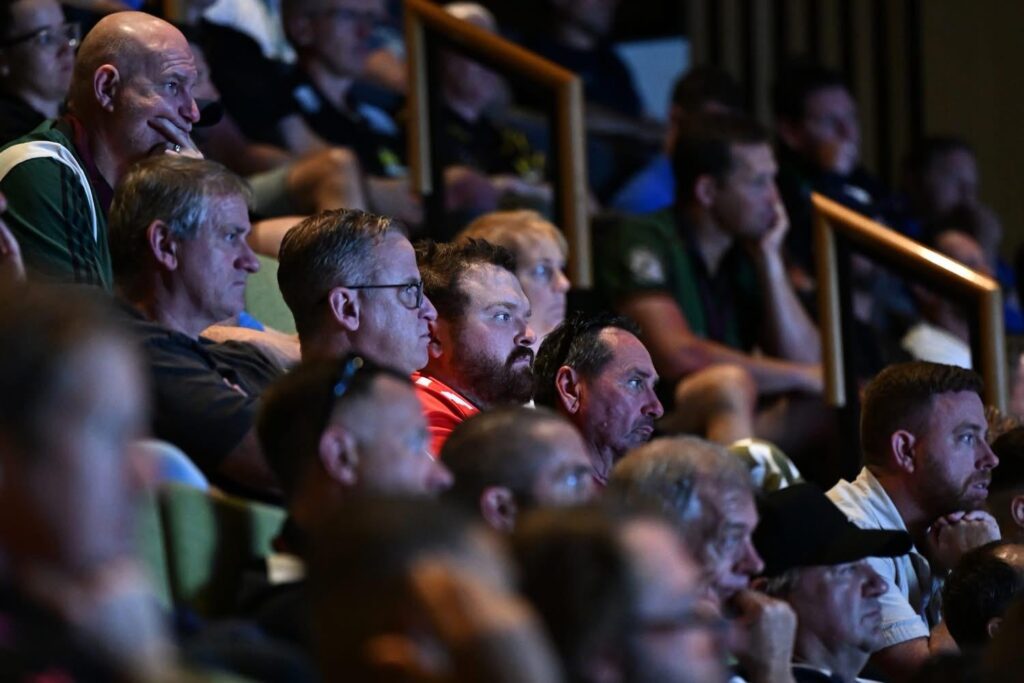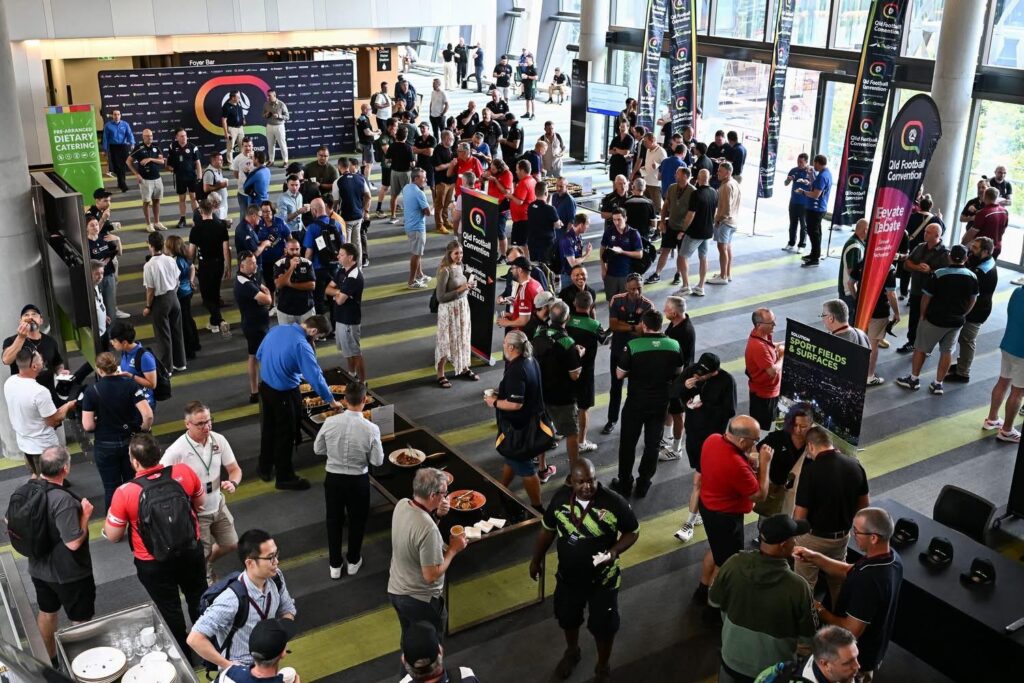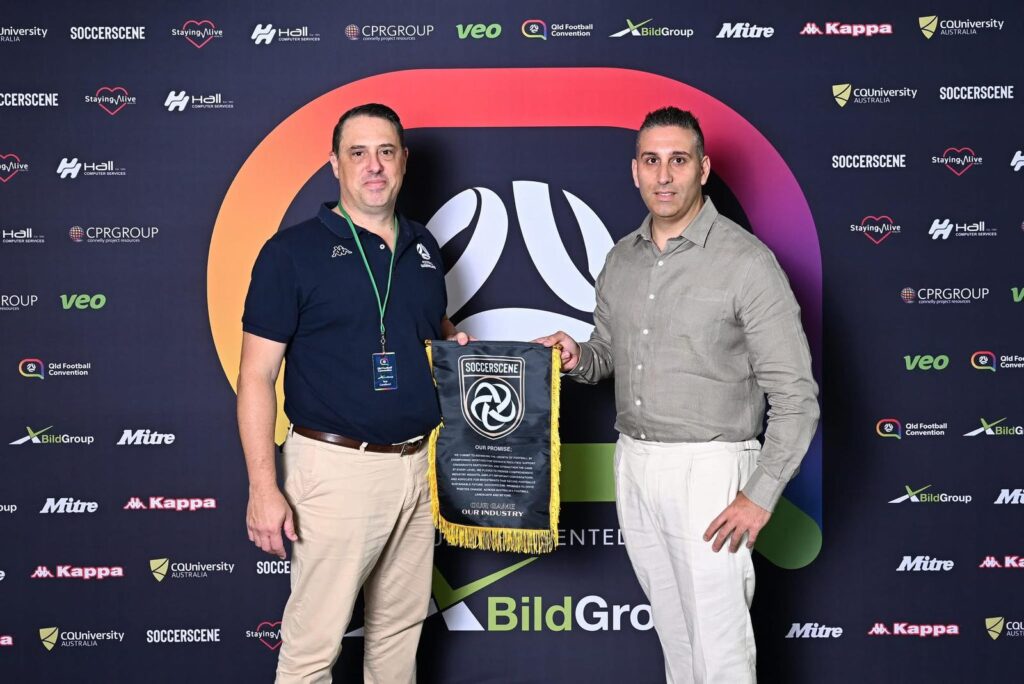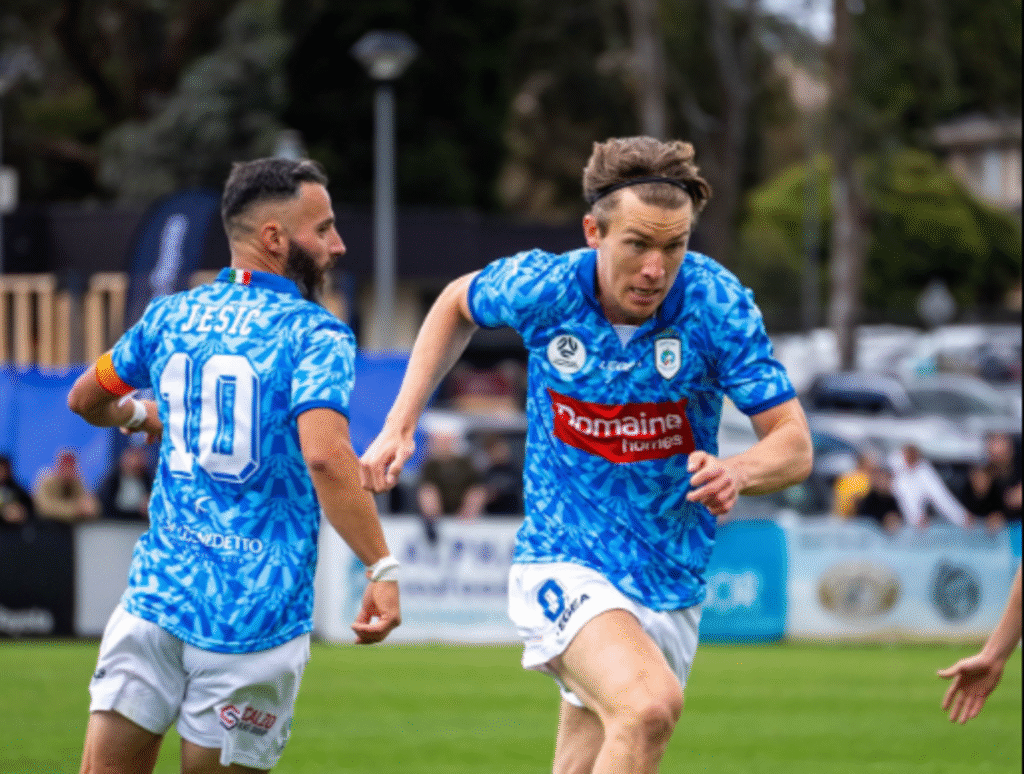
The COVID-19 pandemic has put an immense strain on football clubs worldwide, and Australia is no exception. From stop-start seasons, stifled player development, and clubs being put under financial stress, National Premier League (NPL) clubs have faced some of their biggest challenges.
Bentleigh Greens are one of many clubs hit by lockdowns and postponements, as they have seen the second NPL Victoria season in a row disrupted by the pandemic. Bentleigh Greens President Trifon Rellos has seen his team heavily affected by this.
“Financially game takings are gone, canteens are gone. Now with the junior programs, we have with the mini roos and NPL kids we don’t know the parents are going to ask for, whether they want their money back,” he said.
“The impact has been massive, but not just financially.”
Not every club and league has been heavily impacted. Edgeworth Eagles Football Director and Treasurer, Warren Mills, explains that the Further Northern New South Wales region has managed to avoid the worst of the pandemic.
“Newcastle has been a lot less impacted than others. Last year was pretty horrendous obviously, we started later but we managed to get in a competition, playing our competition plus finals,” he said.
“This year we’ve got two rounds to go. To be fair we’ve been much luckier than others.”
In contrast with other clubs in New South Wales and Victoria, Warren believes that the amateur status of the Newcastle clubs has helped weather financial strain.
“Financially it hasn’t been a massive drain on us. We are more amateur than Sydney or Melbourne, in terms of wages paid out. Its smashed those clubs a lot more.” he said.
The season will be completed once restrictions in the Hunter region are eased, with one advantage they have over other areas being that they rarely share grounds with summer sports.
“I don’t think there is anybody who doesn’t have their own ground in Newcastle,” he said.
“We have the potential to host the grand final this year, and we’ve just got a new 1.1 million dollar clubhouse. Newcastle is very lucky that way.”
Football Victoria recently agreed to a ground-sharing agreement with Cricket Victoria, in an attempt to alleviate this issue if the season is restarted.
For regional NPL clubs in Victoria, they have been in and out of lockdown more than anywhere in the country. For the Goulburn Valley Suns, their season has been disrupted by not only state-wide lockdowns, but also a major outbreak within the city of Shepparton.
Goulburn Valley head coach Craig Carley believes that players at the club are uniting together through the hardship.
“We don’t know what’s going on at the moment, but we need to try to tick over. Previously we were able to do that as a team because the metropolitan area was in lockdown, the last couple of weeks it’s been individual training,” he said.
“We’ve got players posting times on runs and activities that they are doing. It’s been good from a team point of view with players pushing each other and staying connected, even though everyone is in lockdown. The longer that goes on the hard that is going to get.”
Rellos fears that these disruptions could cause setbacks for some of the most talented players at Bentleigh Greens.
“It’s a sad situation that we are in for our children, and our young senior soccer players. We need to remember that the boys that are playing under 16s and 18s and talented, and they are just about to break into that senior team,” he said.
“I think this year is worse than last year. Those boys and their careers have been cut short by coronavirus. These kids need to break into the senior team, god knows if they will. Some might lose interest and not come back as football players.”
For others, they can only appreciate that their seasons and clubs have only had minor disruptions.
“In Newcastle, we’ve been so blessed. I don’t know how we’ve hardly had a case while we are so close to Sydney. It hasn’t the impact on us that a lot of areas have.” Warren said.
Every state has had different challenges they have faced during the COVID-19 pandemic. For NPL clubs in New South Wales and Victoria, some are facing the biggest in their history. Most are looking forward to next season, hoping for the light at the end of the tunnel following these hard times.



